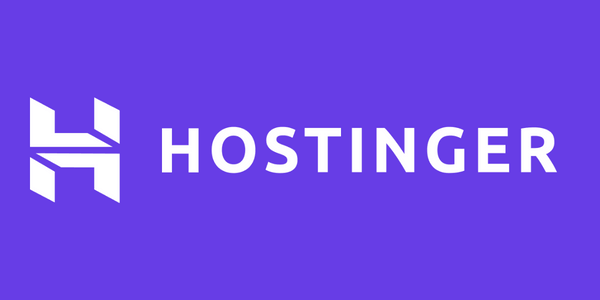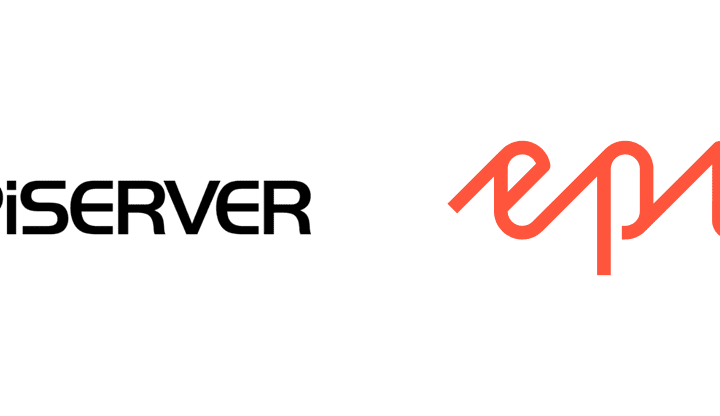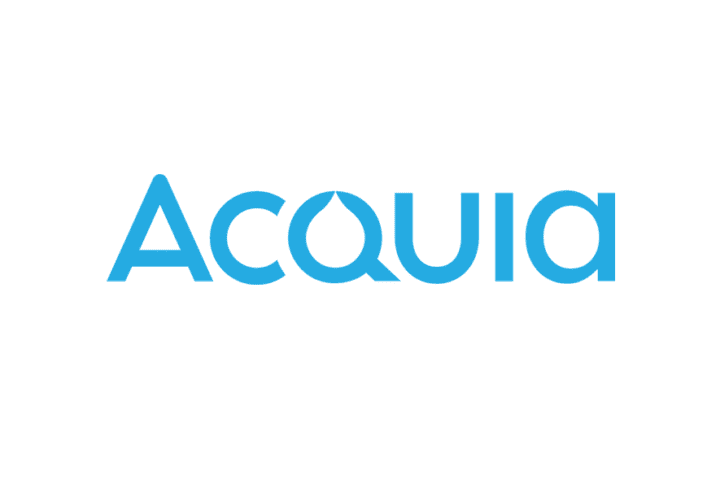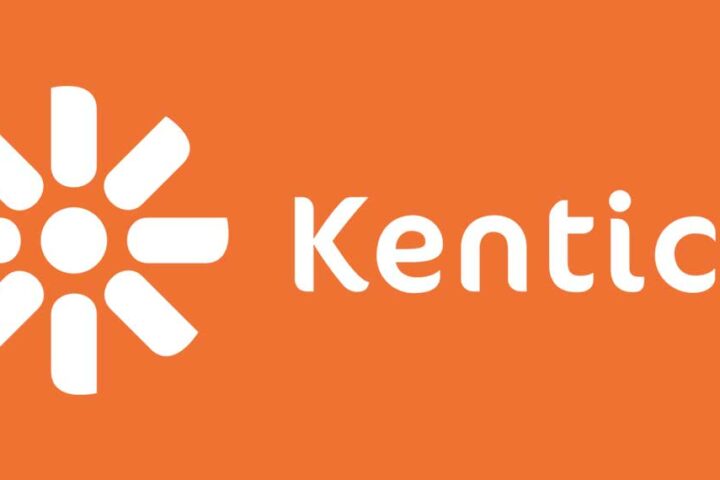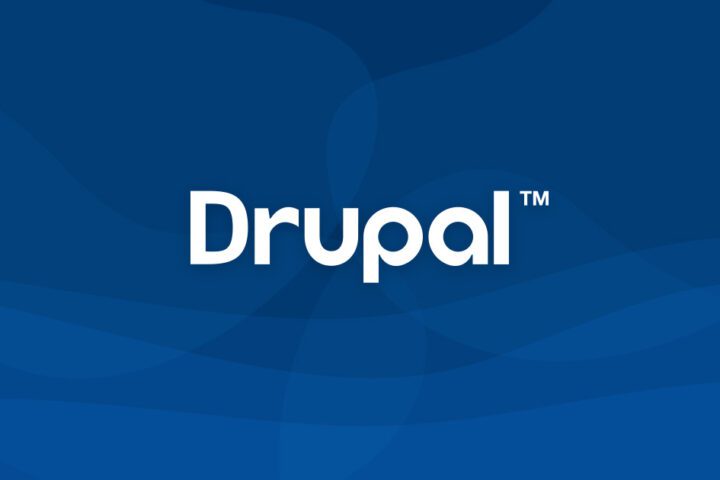Introduction
As our world becomes increasingly digital, the importance of content management cannot be understated. Businesses, especially larger organizations, rely on a vast array of digital content to engage with their audience, share information, and drive conversions. This reliance on digital content has led to the rise of content management systems (CMS). Yet, for large-scale organizations with more complex needs, not just any CMS will do. Enter the realm of enterprise-level CMS solutions, robust platforms designed to manage the intricate content needs of large organizations. This article will focus on uncovering the top 7 enterprise CMS platforms, centered around the keyword “enterprise CMS”. But first, let’s start with the basics: What is an enterprise-level CMS, and why should businesses care?
Defining an Enterprise-Level CMS
An enterprise-level CMS is a content management system specifically crafted to meet the needs of large organizations or businesses. These platforms offer comprehensive features and tools that go beyond the capabilities of traditional CMSs, catering to the more complex and extensive requirements of larger organizations.
These platforms facilitate the creation, management, optimization, and distribution of content across various channels and geographies, often supporting multiple languages. Additionally, they provide advanced security, workflow management, and integration capabilities, essential for maintaining content consistency and control in large-scale businesses. But, before we move forward, it’s crucial to distinguish between a common pair of terms that often create confusion: CMS and ECM.
CMS vs. ECM: Clarifying the Difference
ECM, or Enterprise Content Management, often gets mixed up with CMS due to their similarities. However, they serve distinct functions within the content management spectrum. A CMS primarily focuses on content creation and management, specifically for websites. Its main purpose is to allow users without coding skills to create, edit, and manage website content with ease.
On the other hand, ECM is a more holistic and expansive solution, managing all types of content across an organization, not just website content. ECM solutions take care of a myriad of content-related functions, including document management, records management, workflow automation, and regulatory compliance. An ECM solution may incorporate a CMS as part of its suite, but it’s important to remember that CMS and ECM serve different purposes and are not interchangeable.
Most Popular CMS Today: A Brief Overview
Now that we’ve distinguished between CMS and ECM, let’s delve into the current content management landscape. Today, the most popular CMS globally is WordPress, boasting a market share of over 60%. It’s loved for its ease of use, flexibility, and large supportive community. However, it’s crucial to remember that popularity doesn’t necessarily denote suitability for all businesses. Enterprise-level CMS platforms, while perhaps not as universally popular, provide specific tools and features geared towards the needs of larger organizations.
Top 7 Enterprise CMS Platforms
With that context, let’s delve into the top 7 enterprise CMS platforms that are currently reigning the content management space, focusing on their strengths, ease of use, and key differentiators.
1. Adobe Experience Manager (AEM)
Adobe’s Experience Manager, often considered the pinnacle of enterprise CMS platforms, is the Mercedes-Benz of CMSs. Its robust features and capabilities make it ideal for large businesses seeking a comprehensive content solution. However, its complexity and high price point make it less approachable for beginners or smaller enterprises. AEM is best for large corporations with substantial budgets and experienced in-house technical teams.
2. Sitecore
Sitecore is the BMW of CMS platforms – high-performing, feature-rich, and designed with enterprise needs in mind. It offers an impressive suite of solutions and features that facilitate highly personalized experiences. Like AEM, Sitecore isn’t the easiest to handle for CMS newcomers due to its complex nature. It’s best suited for enterprises with advanced technical capabilities and a strong focus on personalized customer experiences.
3. Drupal
Drupal is the robust and reliable Ford pickup of the CMS world. As an open-source platform, it provides the flexibility to handle various content management tasks, from simple to complex. However, its steep learning curve might present a challenge for non-tech-savvy users. Drupal is perfect for organizations looking for robust flexibility and those that appreciate the strength of an open-source community.
4. WordPress VIP
The Cadillac of CMS platforms, WordPress VIP, offers the luxury of ease and accessibility while packing powerful capabilities. This platform caters to businesses that require enterprise-level features without losing the simplicity and usability that WordPress is renowned for. It’s an ideal choice for large businesses that want the power of an enterprise CMS without a steep learning curve.
5. Kentico
Kentico, the Honda of CMS platforms, provides reliability and a comprehensive set of features without breaking the bank. Its user-friendly interface and feature-rich platform make it an attractive option for businesses looking for a straightforward, all-in-one solution. Kentico is perfect for businesses seeking a simple, comprehensive solution without a steep learning curve.
6. Acquia
Acquia is the Audi of the CMS world – sleek, reliable, and built on a robust, open-source foundation (Drupal). It marries the power of Drupal with the ease of a managed platform, providing the best of both worlds. Acquia is best suited for enterprises that value open-source flexibility but desire the comfort of managed services.
7. Episerver (Optimizely)
Optimizely, previously known as Episerver, is the Tesla of CMSs – innovative, user-friendly, and focused on optimization. Its platform stands out with superior personalization capabilities and A/B testing tools. This CMS is an ideal choice for businesses that are hyper-focused on optimizing digital experiences and appreciate a user-friendly editor interface.
While each platform has its unique strengths, Adobe Experience Manager (AEM) stands as the top choice overall for its extensive capabilities, robust features, and seamless integration with the Adobe suite of tools. However, keep in mind that the best CMS for your business is the one that aligns with your specific needs, resources, and technical capabilities.
Factors to Consider When Choosing an Enterprise CMS
With so many powerful CMS platforms, choosing the right one can be challenging. Here are a few factors to consider:
- Usability: Is the platform user-friendly? Does it have a steep learning curve? Considering the ease of use can significantly impact the platform’s adoption and efficiency within your organization.
- Scalability: Can the platform grow with your business? Look for a solution that can scale to meet your increasing content needs.
- Integration Capabilities: Can it integrate with your existing tools and systems? A CMS that can smoothly blend with your current tech stack can save you a lot of time and hassle.
- Customization: Does the platform allow for customization to meet your specific needs? A CMS that can adapt to your business’s unique needs is always a plus.
- Support: Does the platform have a strong support network? Robust community support or excellent customer service can make the CMS experience a lot smoother.
- Price: Is the platform within your budget? Ensure the platform provides good value for its cost.
Conclusion
Choosing the right enterprise CMS is a critical decision that can significantly impact your business’s digital presence and operations. While AEM and Sitecore offer comprehensive tools for managing complex content needs, platforms like WordPress VIP and Kentico provide a more user-friendly approach without compromising essential features.
Ultimately, the most popular CMS platform or the one with the most extensive features might not be the best fit for your business. Your perfect enterprise CMS should align with your unique business needs, objectives, and technical capabilities. Therefore, when evaluating the top enterprise CMS platforms, make sure to consider your organization’s specific requirements and choose a platform that best fits your needs.



